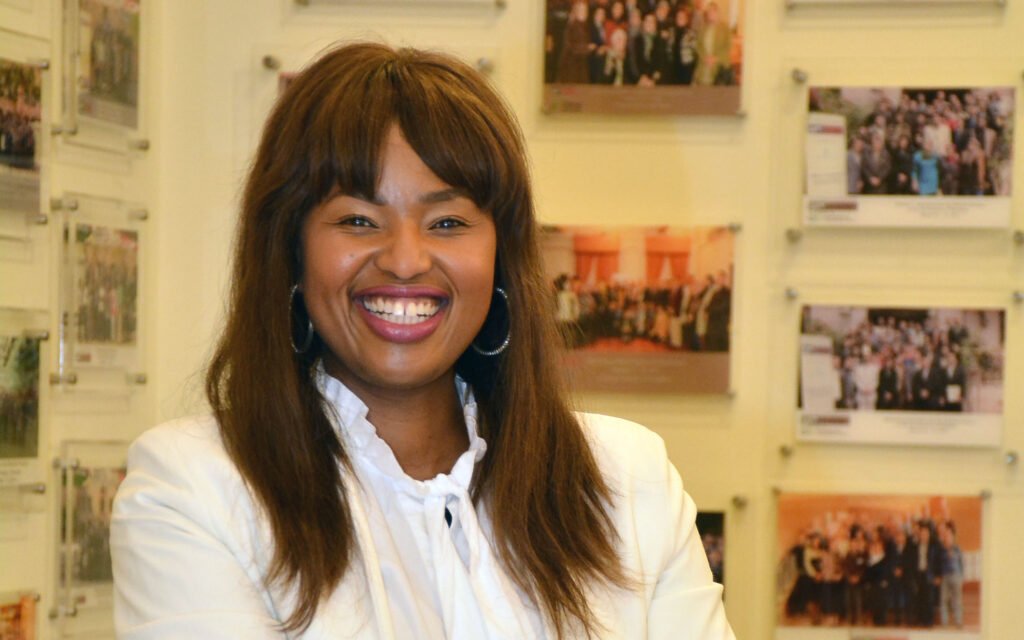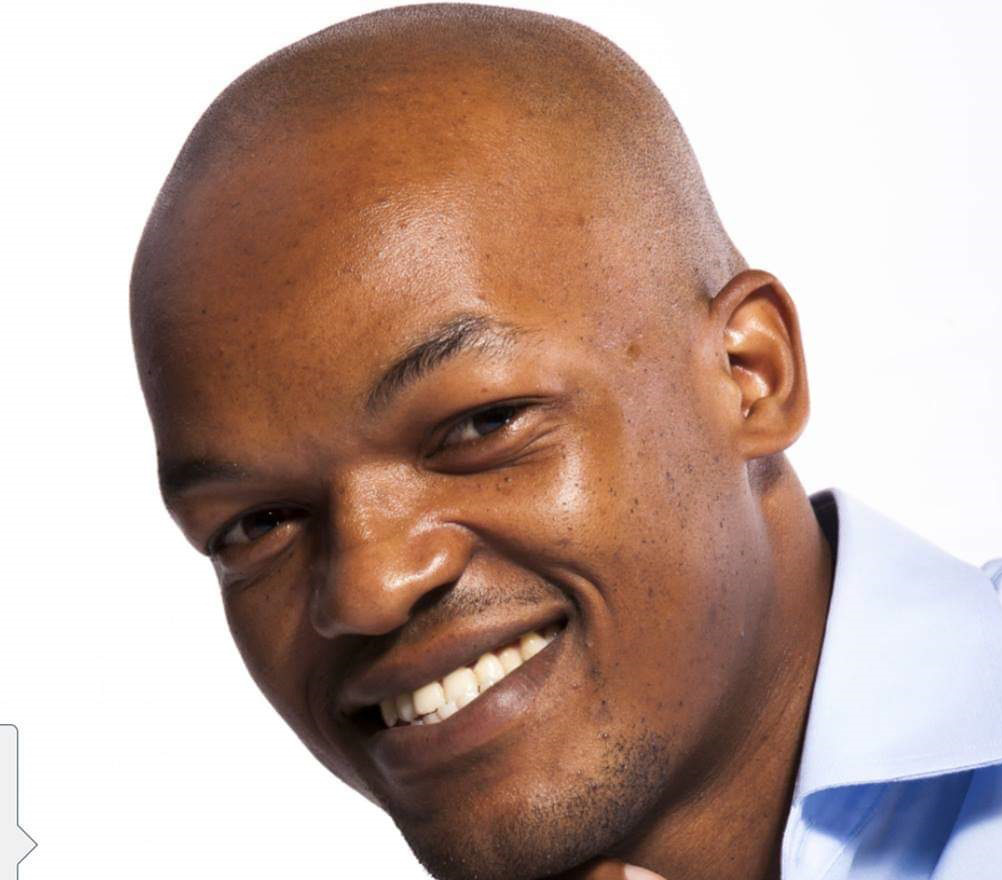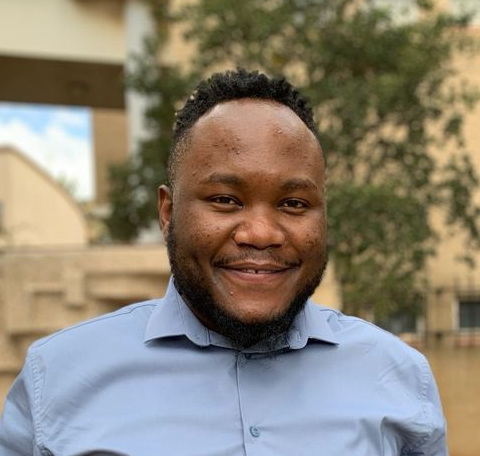Cathy Mohlahlana - Moderator
Statistics suggest women and youth dominate the country’s population, but with the local government election just weeks away the question of their participation in decision making remains a contested issue.
The Independent Electoral Commission’s announcement that the voter registration process for the upcoming election has elicited a good response from young persons augurs well for efforts that counter youth voter apathy.
This issue has been consistently raised in previous municipal elections, with the general feeling being that youth are not playing the active role they should be on this front.
The apathy, coupled with the issue of ageing councillors, remain hotly debated issues, which saw the department of co-operative governance and traditional affairs in KwaZulu-Natal announce plans to incentivise older councillors to exit the system while encouraging younger women to play a more active role in the system.
Youth activist Warren Makoga argued that conditions in South Africa, including the education system, do not create an environment that is enabling for young people to be critical.
Makoga made this point during a Mail & Guardian webinar hosted in partnership with Rosa Luxemburg Stiftung and Wits University on Monday.
The IEC revealed that 433 198 youths registered as first-time voters during the registration weekend in September. It added that young persons in the age category 16-29 accounted for 402 401 of the new registrations This translated to 91% of new registrations. Women accounted for 52% of all new registrations during the voter registration weekend.
But despite these encouraging statistics, Makoga is not convinced youth apathy will be eradicated soon unless certain radical measures are taken.
He argued that the situation would be different had our politics been modelled in a way where political persuasions become the discourse.
 Dr Nthabiseng Moleko
Dr Nthabiseng Moleko“Young people would find themselves in a position where they are like, you know what, I am in a difficult position where I can allow myself to not vote, because I obviously have to think of my future because these are the policies that have been advanced.
“And when you want young people to participate in the governance of this country, you obviously have to incentivise. So if you look at internships, at local government or niche government level, and what the country is willing to pay young graduates, you understand why talent tends to then go into the private sector, as opposed to being in the public sector.
“And that just leads to a point where young people don’t make a mark. And for these reasons, I genuinely think that youth apathy is not going to stop unless we challenge those structural problems,” he said.
Dr Nthabiseng Moleko, deputy chairperson of the Commission for Gender Equality (CGE) weighed on the debate, saying that it is important to ensure inclusivity of South African women and youth in decision-making positions.
She said this is because inclusivity and women’s representation in top leadership structures has been proven to not only be an issue of political participation, but of equity and fairness, efficiency and accountability, and ensuring local government decision-making processes prioritise both youth and women’s needs in society.
“CGE has the responsibility to monitor and assess the actions of state and non-state institutions in the furtherance of the country’s Constitutional obligation to promote, protect and advance gender equality in South Africa. Representation and manifestos promoting policy initiatives that advance transformation and put an emphasis on such are what we as the CGE monitor,” she said.
University of KwaZulu-Natal lecturer Khaya Sithole, who is also an economic and political commentator, argued that as part of this debate, the country needs to deal with “the participation deficit and the representation deficit”.
 Khaya Sithole
Khaya SitholeSithole said these two key issues tend to influence each other in very material ways. He adds the participation has not only been limited to a particular section of society.
“I suppose there has been this decline in participation across the board. And the question of why people would not actively want to engage in political processes is something that we need to interrogate,” he said.
Sithole added that the problem with poor participation levels, whether it’s by young people, or whether by particular demographics, is that it does inevitably lead to a very uncomfortable legitimacy equation.
He argued: “Where somebody who then emerges on the basis of those few, very few that decide to go and vote and cast a ballot, then that person who emerges there may not enjoy the same sense of legitimacy within a community in particular, as a person who probably would have emerged from a broad support and a broad participation base.
“So that becomes a big legitimacy problem for a lot of individuals that do want to lead communities and be active in the political parties that want to lead those communities, quite ironically, once people have sort of decided to detach themselves from the system, then it becomes perhaps even more difficult for them to feel that they can legitimately raise concerns about how things are not working,” Sithole said.
“Because obviously, if you feel things are sufficiently problematic enough for you to want to actually interact and interrogate the system, the most equitable instrument for things to be changed is, of course, the ballot box,” he said.
Makoga agreed with a suggestion by facilitator, television and radio talk show host Cathy Mohlahlana that in the run-up to the election the media tends to reflect individuals more than it does policies of political parties.
“I do think that due to the question of cost, we haven’t done a very good job in making sure that people within grassroots communities actually have an understanding of what the big party is and what the smaller parties are, and what they are offering that particular community,” said Makoga.
 Warren Makoga
Warren MakogaHe opined that the importance of local government is that it becomes a primary interface through which most people actually end up interacting with the state.
“You are more likely to go to a clinic first, which happens at the local level than you are to go to a tertiary hospital,” he said.
Moleko noted the disparity of women representation in the ward and proportional representative councillors on political party lists. She asked whether all political parties were showing a willingness to have gender parity and youth representation.
“I think the issue is, are parties committed at that level to ensure that this representation of women across from the PRL (proportional representative level) to ward level, what we have seen from 2011 2016, and then we’ll see what happens in 2021 is that at the PR level, we have seen a higher representation of women by 6%, from 43% to 49%,” she said.
She said the fact that at the ward level there was a 32% to 33% representation of women compared to 67% to 68% of men at ward level shows a disjuncture.
Moleko said this disparity raises the question about whether there should be a drive to ensure that there is a higher representation of women across the board.
“And I think the representation, whether it’s at a metro level, whether it’s a rural urban level, those are the lists that tell us what’s going to happen at the end. And at the end of the day, are parties committed to seeing a 50/50 representation?” she said.
One of the participants in the webinar, Mmakwena Manamela, said: “Helen Zille’s participation in politics was enabled by her access to funding and the support she received from her circles. It is the responsibility of our male counterparts to deliberately push for women’s participation by allocating resources and supporting their candidacy.”
But Moleko argued that it is not true that women saw themselves as subservient because of economic dependency.
“I don’t think that’s true. The issue of positioning of women in politics and both youth and women within the content of manifestos is an issue that society needs to deem relevant and important,” she said.
Makoga added that the country needs to look at the core problems of causes rather than the symptoms, because it’s from understanding what causes the problem that the best solutions can probably be found.
Sithole said that South Africa has a civic duty to ensure that systems of governance are understood by more people.
“So I wouldn’t necessarily advocate for a particular age group to be given some elevated levels of learning, it should rather be a question of how do we ensure that many citizens actually have a granular understanding of how these systems interact with each other,” he said.
He added that this should also extend to ensuring people understand how these systems interact with them as citizens in order for people that then take an interest in pursuing political office to emerge from a broad cohort rather than a specific cohort.
Moleko advised that political parties’ manifestos should not only be focused on increasing the number of women. She said they also need to address issues of gender-based violence, youth unemployment, unequal remuneration between men and women, dealing with the culture of gender equality within political parties and the clarity within manifestos on the issue of gender mainstreaming.
— Lucas Ledwaba
Brought to you by Rosa Luxemburg Stiftung in partnership with the Mail & Guardian